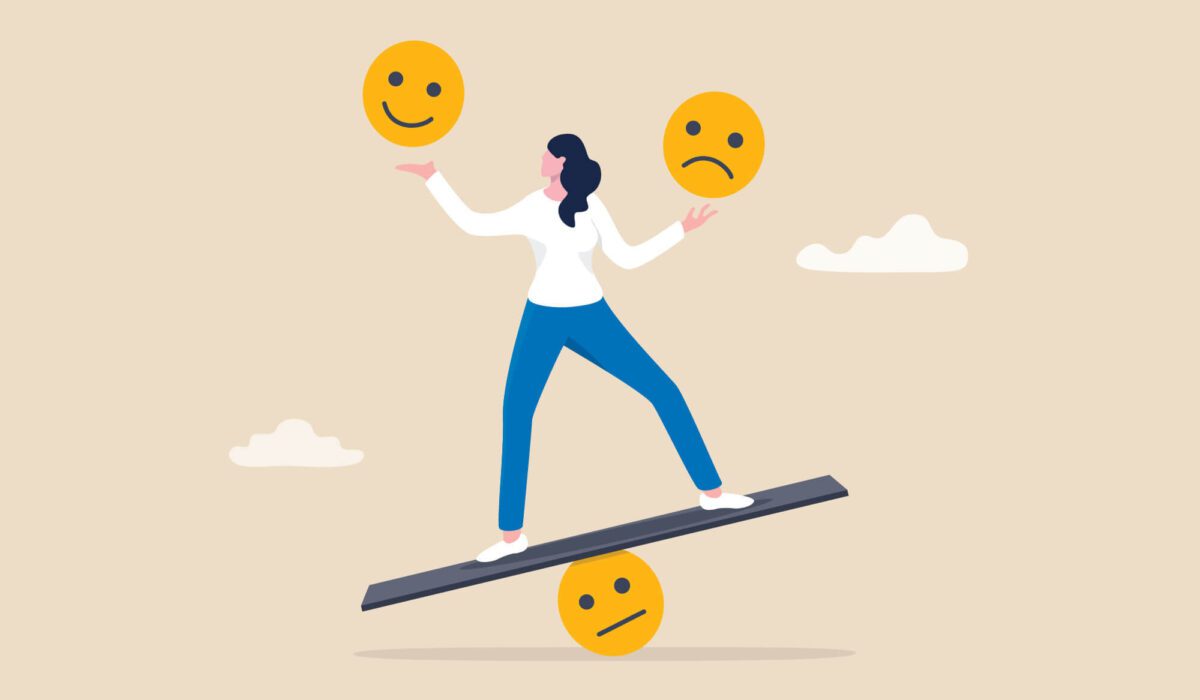Busting the myth of ‘sadder but wiser’

Are depressed people simply more realistic in judging how much they control they have over their lives while people without depression believe they have more control than they do?
That’s the general idea behind “depressive realism,” a theory that has held sway in science and popular culture for more than four decades and has been cited more than 2,000 times by scholars.
The problem is, it’s just not true, new research finds.
“It’s an idea that exerts enough appeal that lots of people seem to believe it, but the evidence just isn’t there to sustain it,” says Professor Don Moore, the Lorraine Tyson Mitchell Chair in Leadership and Communication and co-author of the study.
The concept of depressive realism stems from a 1979 study of college students examining whether they could predict how much control they had over whether a light turned green when they pushed a button. The original research concluded that the depressed students were better at identifying when they had no control over the lights, while those who weren’t depressed tended to overestimate their level of control.
Moore and his colleagues set out to replicate those findings as part of a broader effort to restore trust in scientific research. As for depressive realism, its decades-long infusion into science, culture, and even potential mental health treatment policy makes it important, Moore says. “A lot of people are building theories or policies premised on this effect being true,” says Moore, who co-authored the study with Amelia Dev, BA 17 (psychology), who served as lead author; UC Berkeley psychology professor Sheri Johnson; and Karin Garrett, BA 21 (psychology).
The authors studied two groups of participants—one drawn from Amazon’s Mechanical Turk online service and another comprised of college students—and incorporated more modern and robust measurements for the study. For example, they measured bias and experimentally varied the amount of control participants actually had. People in the online group with a higher level of depression overestimated their control—a contradiction to the original study. In the college student group, depression levels had little impact on their view of their control.
While depression may not improve judgment, the issue of how to accurately gauge our level of control in various situations has broader implications throughout life, Moore says.
“We live with a great deal of uncertainty about how much control we have—over our careers, our health, our happiness,” says Moore. “What actions can we take that really matter? If we want to make good choices, it’s helpful to know what we control and what we don’t.”